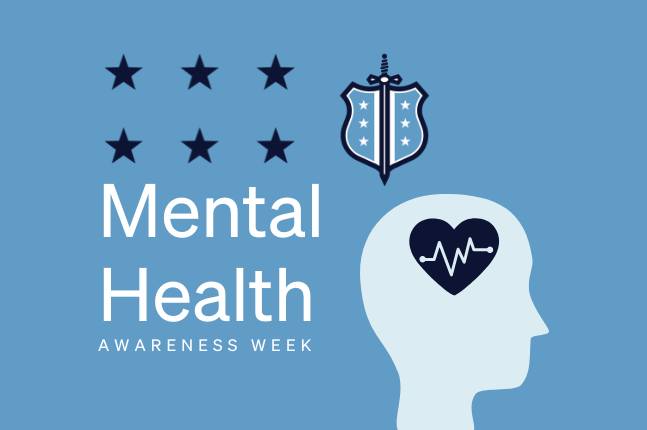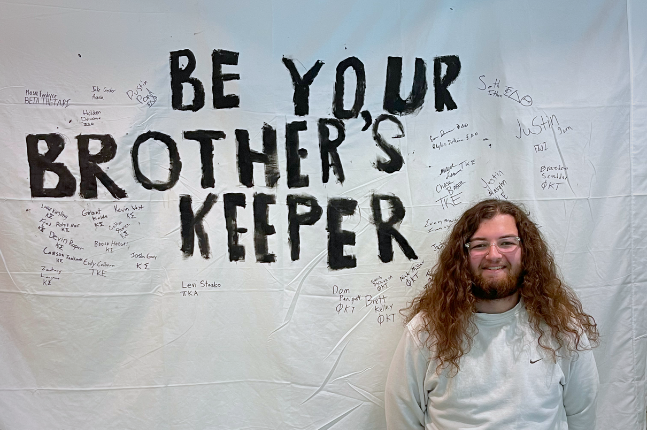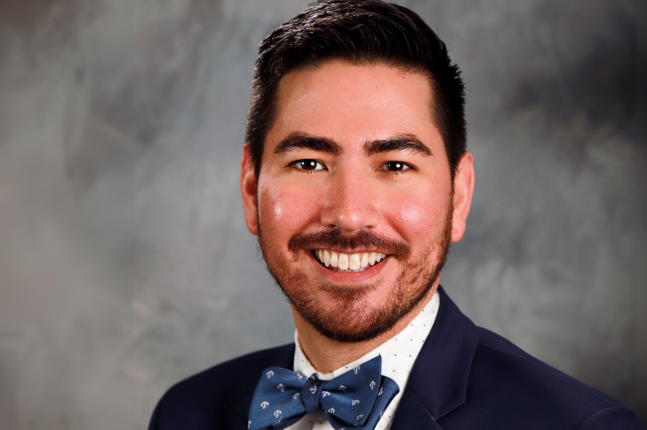Undergraduate Brother Joshua M. Parker, Kettering ’26, shares how his chapter is committed to prioritizing mental health through awareness and support among its members.
By: Joshua M. Parker, Kettering ’26
In a world that moves so quickly and is busy with the hustle and bustle of work, classes, and extracurriculars, it becomes easy to push mental health aside and keep moving forward. We tend to overexert ourselves and go past the point of burnout to keep up with our responsibilities, only to realize, long after the breaking point, that we are mentally drained. This pattern often occurs when people have a struggle or stress point in their lives, and instead of pausing and taking the time to address the issue, they pile on loads of work to distract themselves. This is a painful process, not only to endure but also to witness.
At the Phi Delta Theta Michigan Delta Chapter at Kettering University, we recognize the profound importance of mental health not only in our personal lives but also in becoming the greatest version of ourselves. As Mental Health Awareness Month is upon us, I wanted to share one of the practices that our chapter has implemented that fosters an open dialogue about mental health. Most people who struggle with mental health feel as though they are alone. Despite being surrounded by brothers and those supporting them, some still think breaching the topic is taboo. To ensure that every member of our chapter knows they are loved and cared about, I individually approach each house member over the semester and open a private dialogue with them. It does not have to be intense, but the intent is that each member knows they have an outlet and someone who cares about them. The conversation can be as long or as short as the brother wants it to be, but my goal is that every brother has at least one opportunity every semester to have a one-on-one conversation about their mental health. I am not a licensed therapist and not perfect, but sometimes it helps to talk through your struggle with someone else. I consider it an honor and a privilege if I can be that listening ear that allows a brother to slow down and reflect on their mental health or be the person who is there when a brother is struggling.
In addition to the check-ins, we have implemented hosting mental health hours every week. I set aside at least one hour per week to be available to anyone who wants to talk. I usually wait in a private common area; if anyone comes in, we close the door and talk. Again, it’s as formal or informal as someone wishes, but it is just another way for the membership to know that they are cared for and that their mental health matters.
Mental health check-ins and hours are two great ways to promote mental health among brothers, but the activities are not the goal. Mental health is not just one person’s responsibility but the entire chapter’s.





